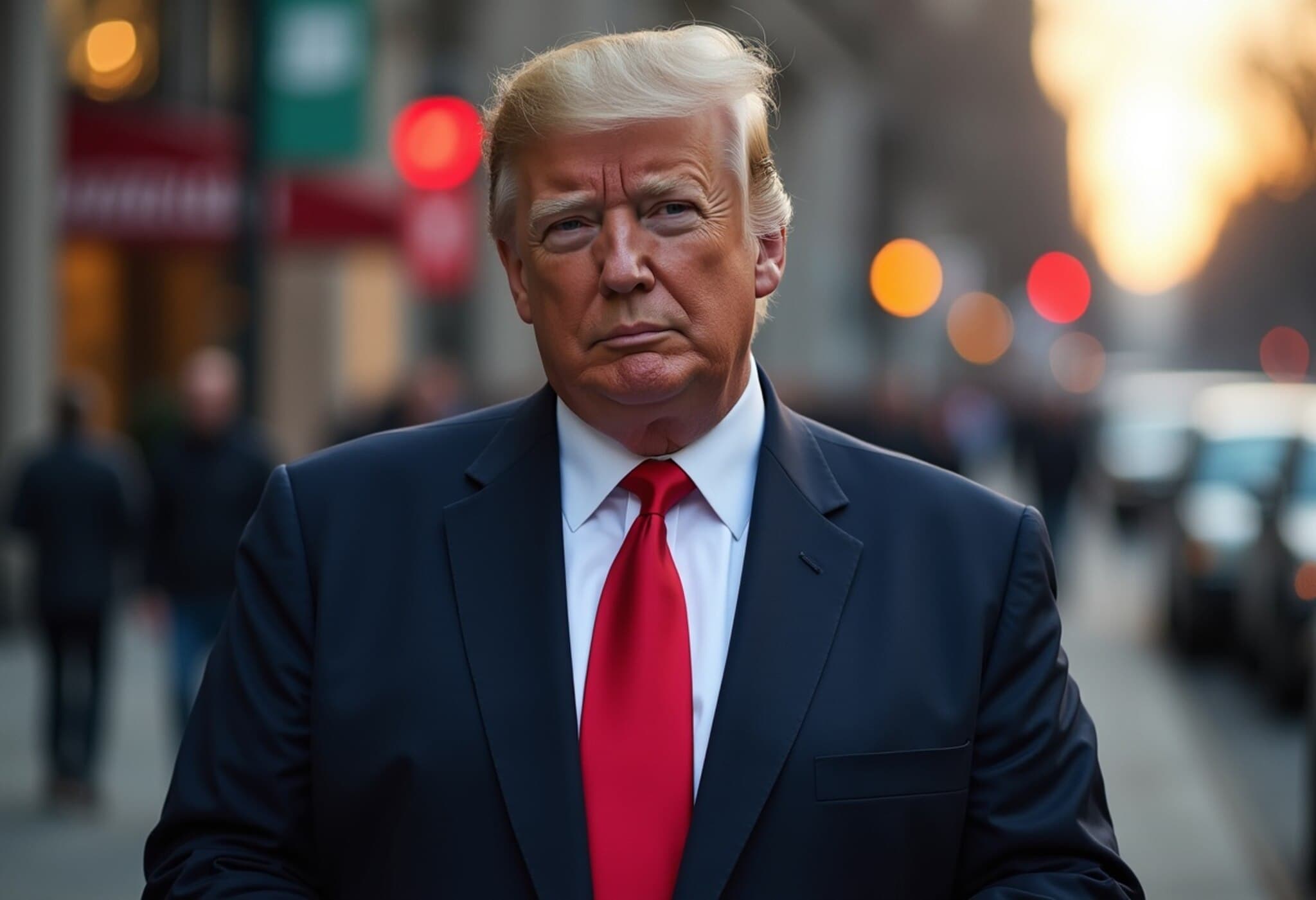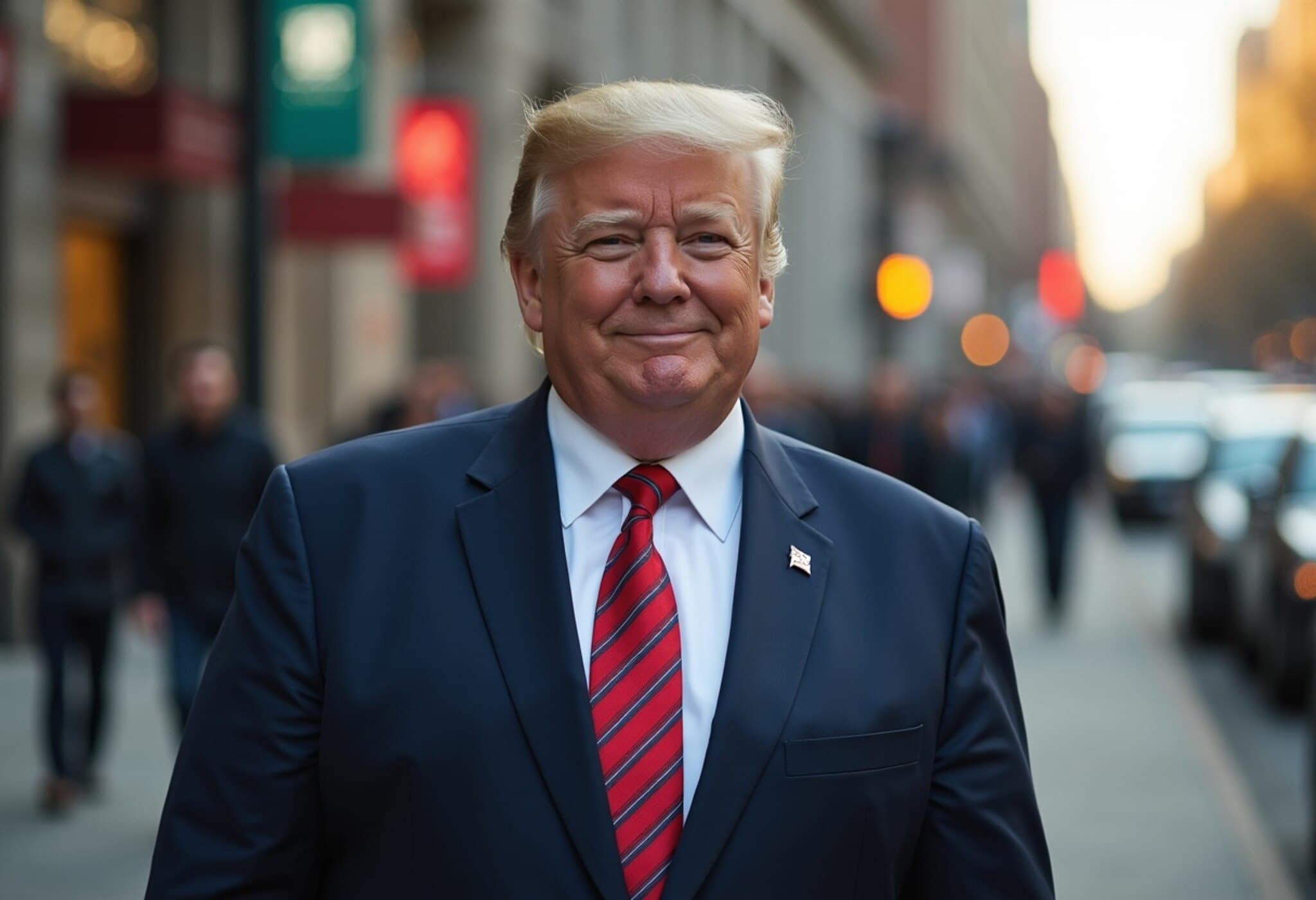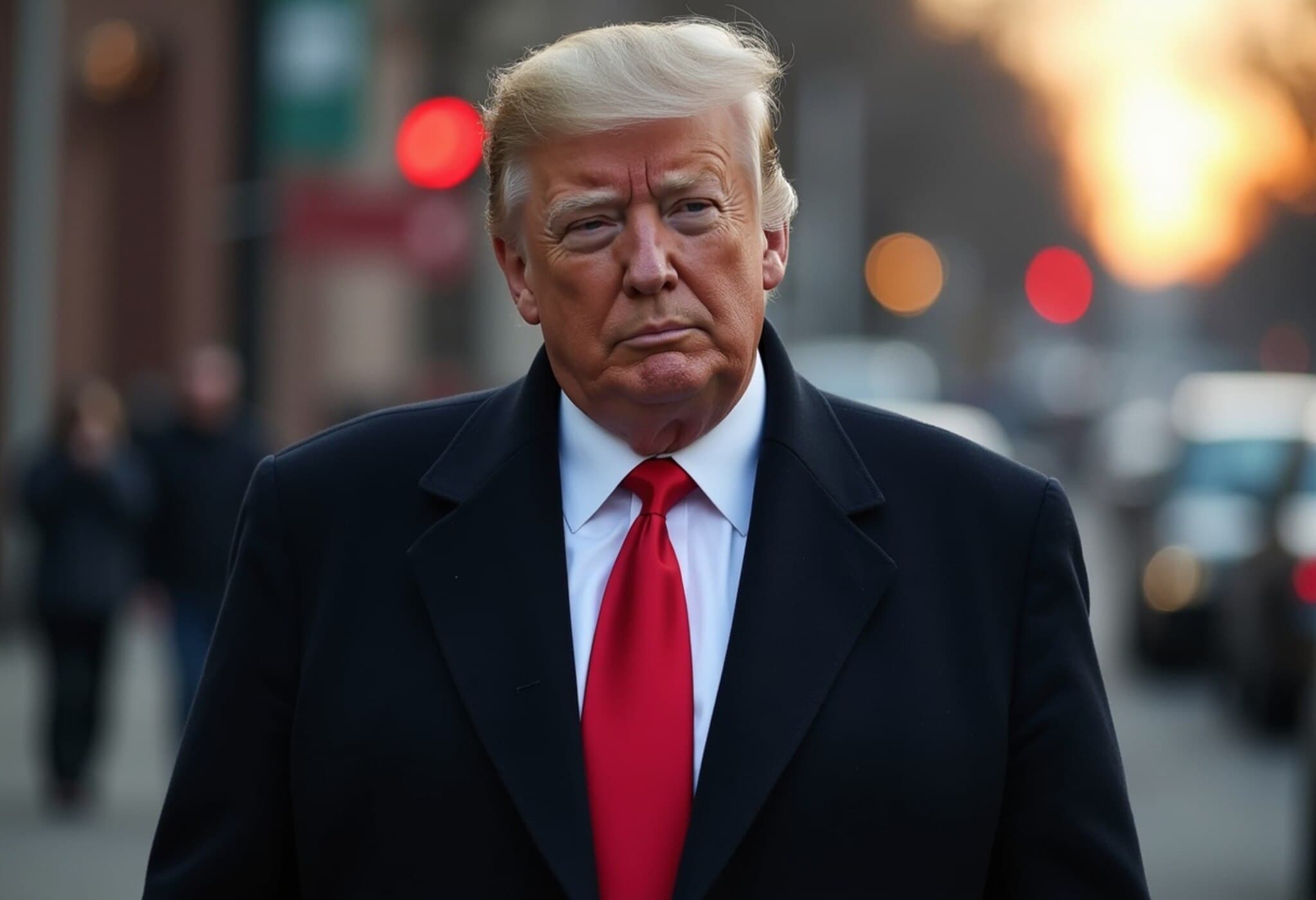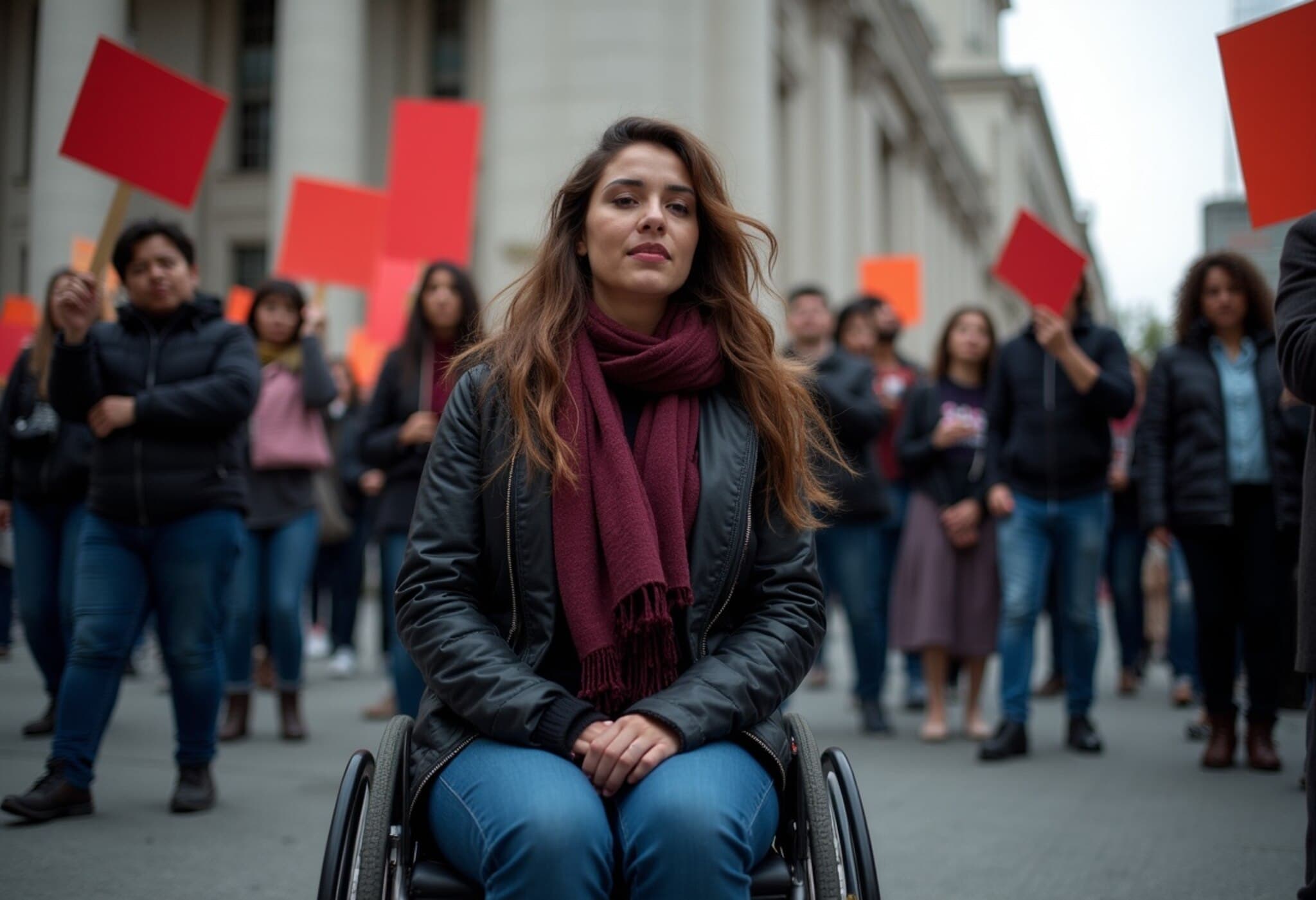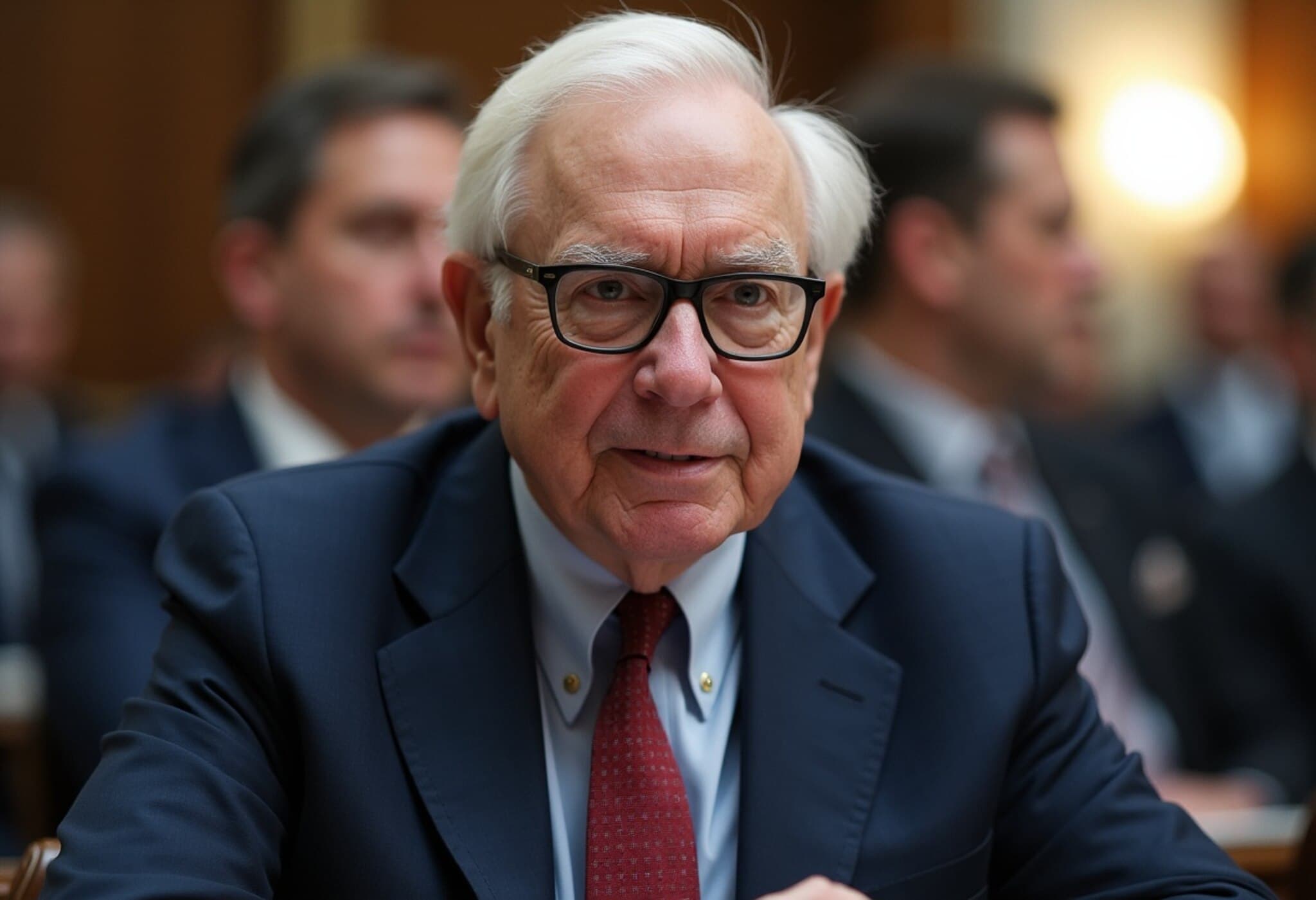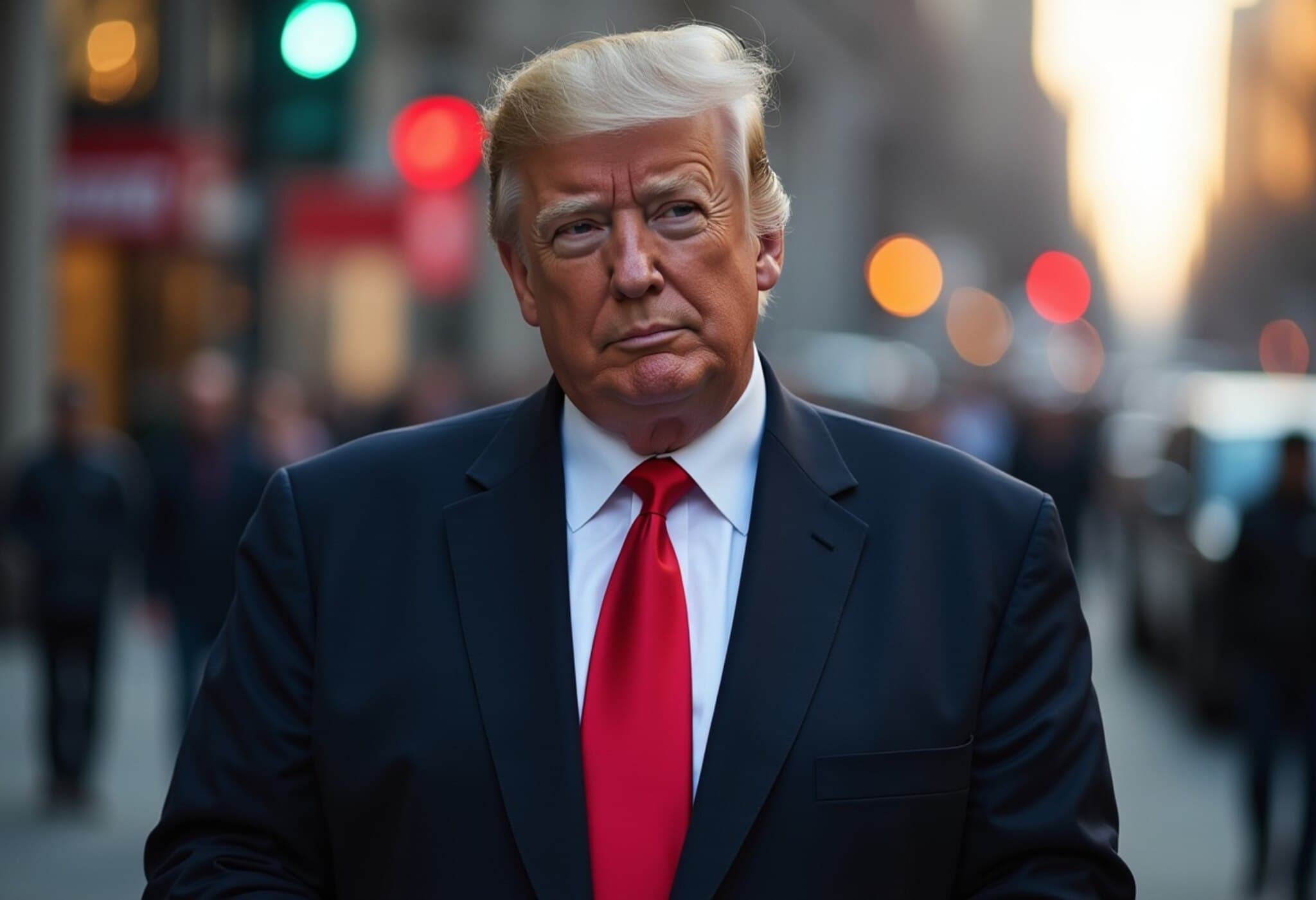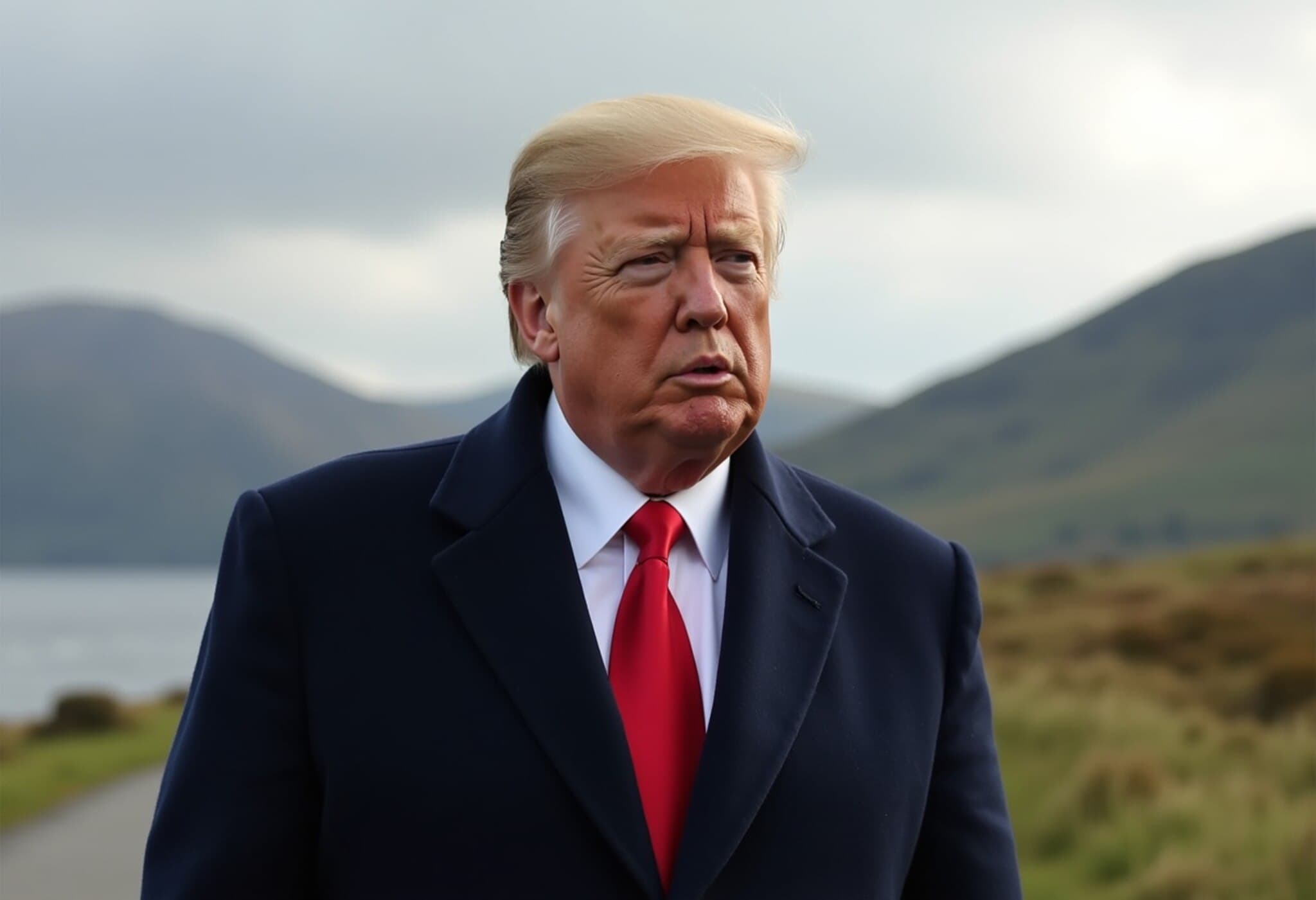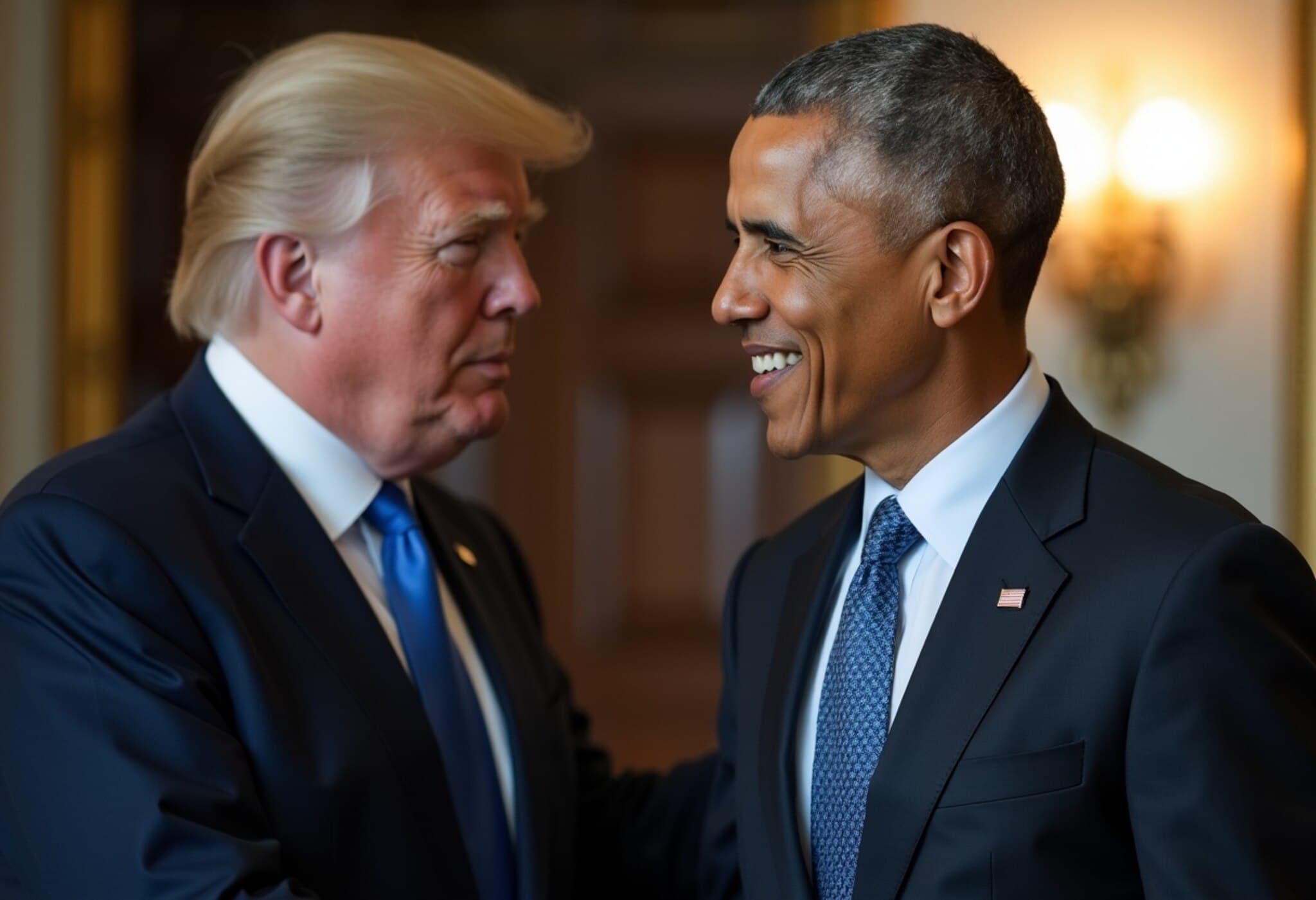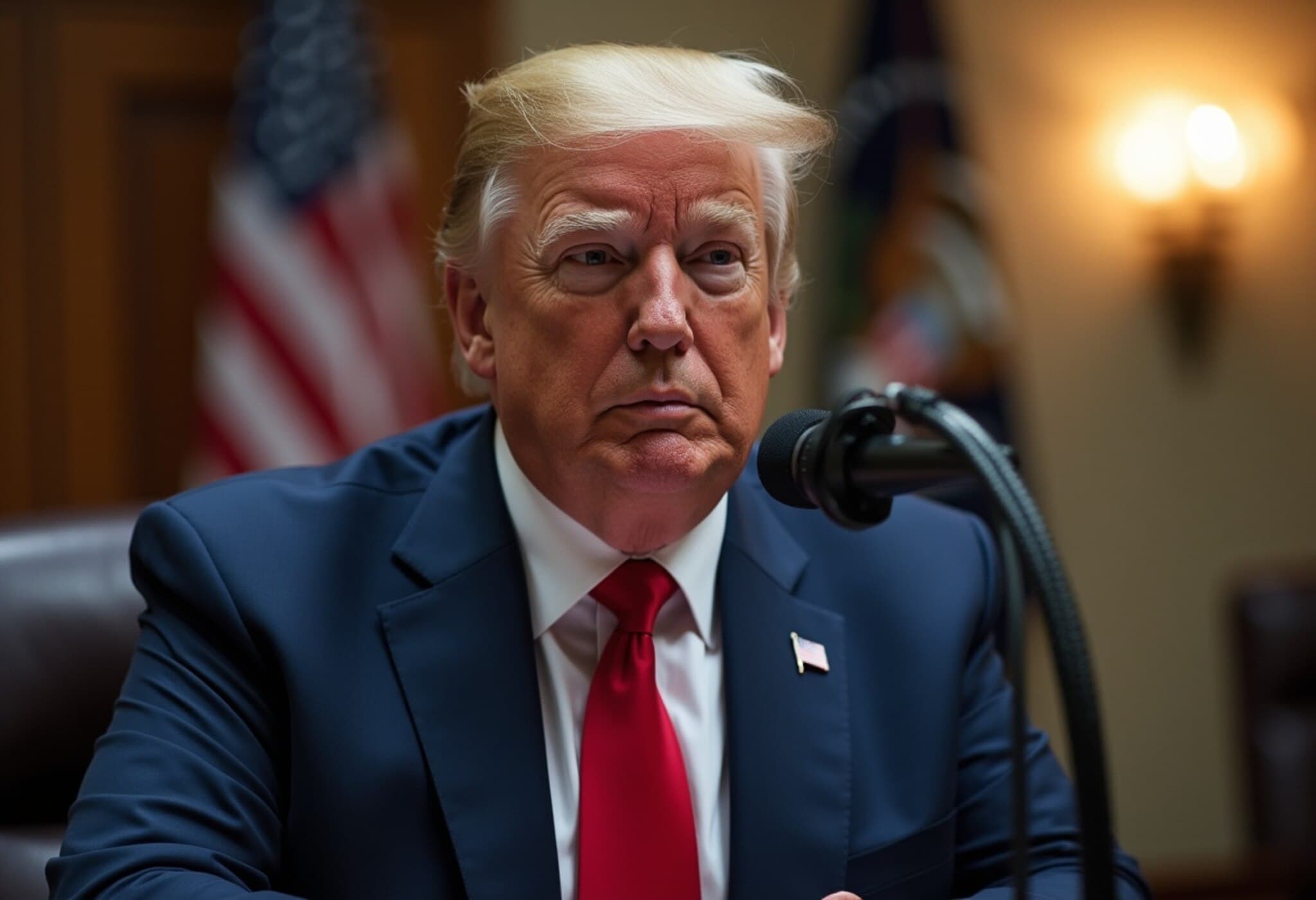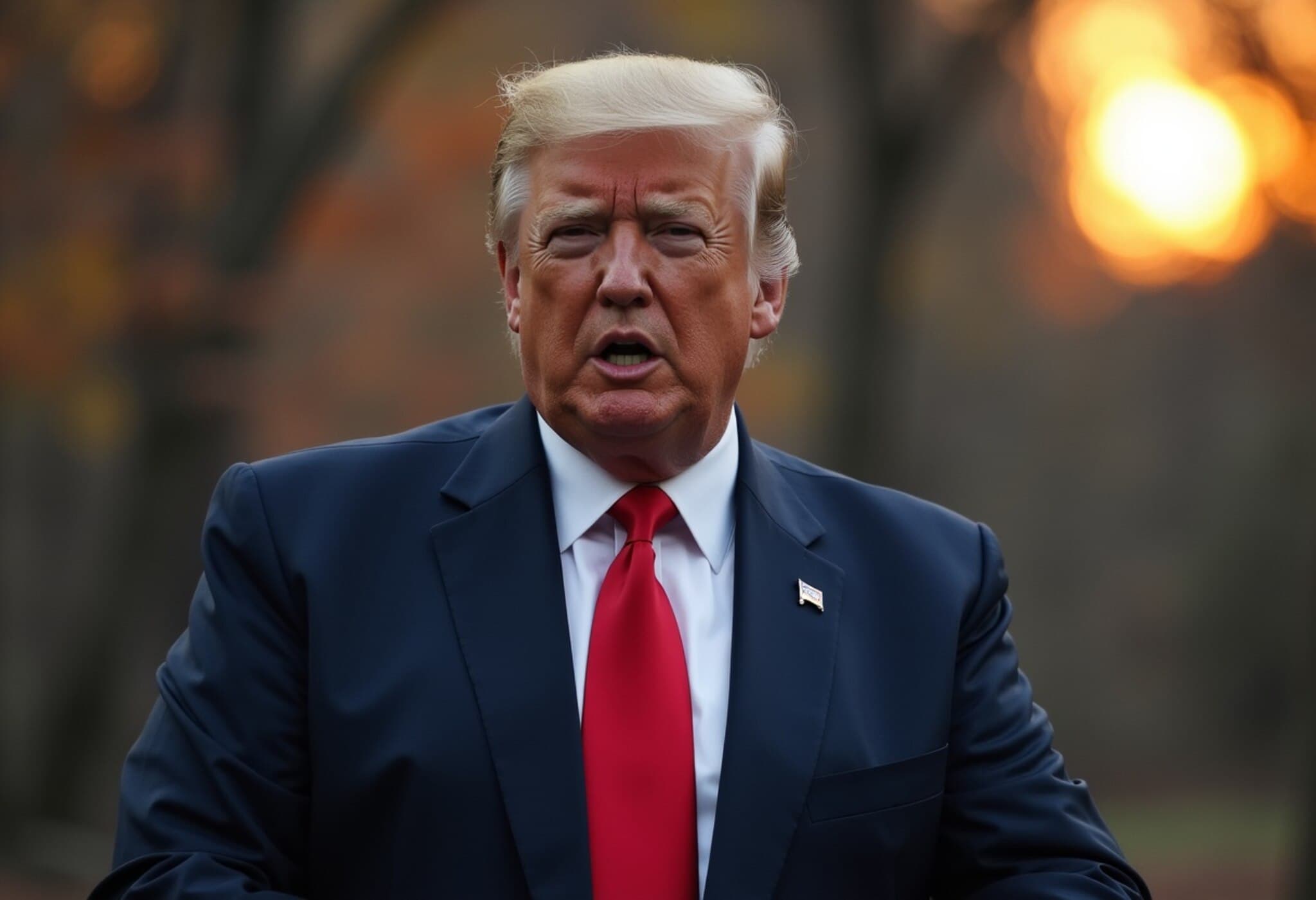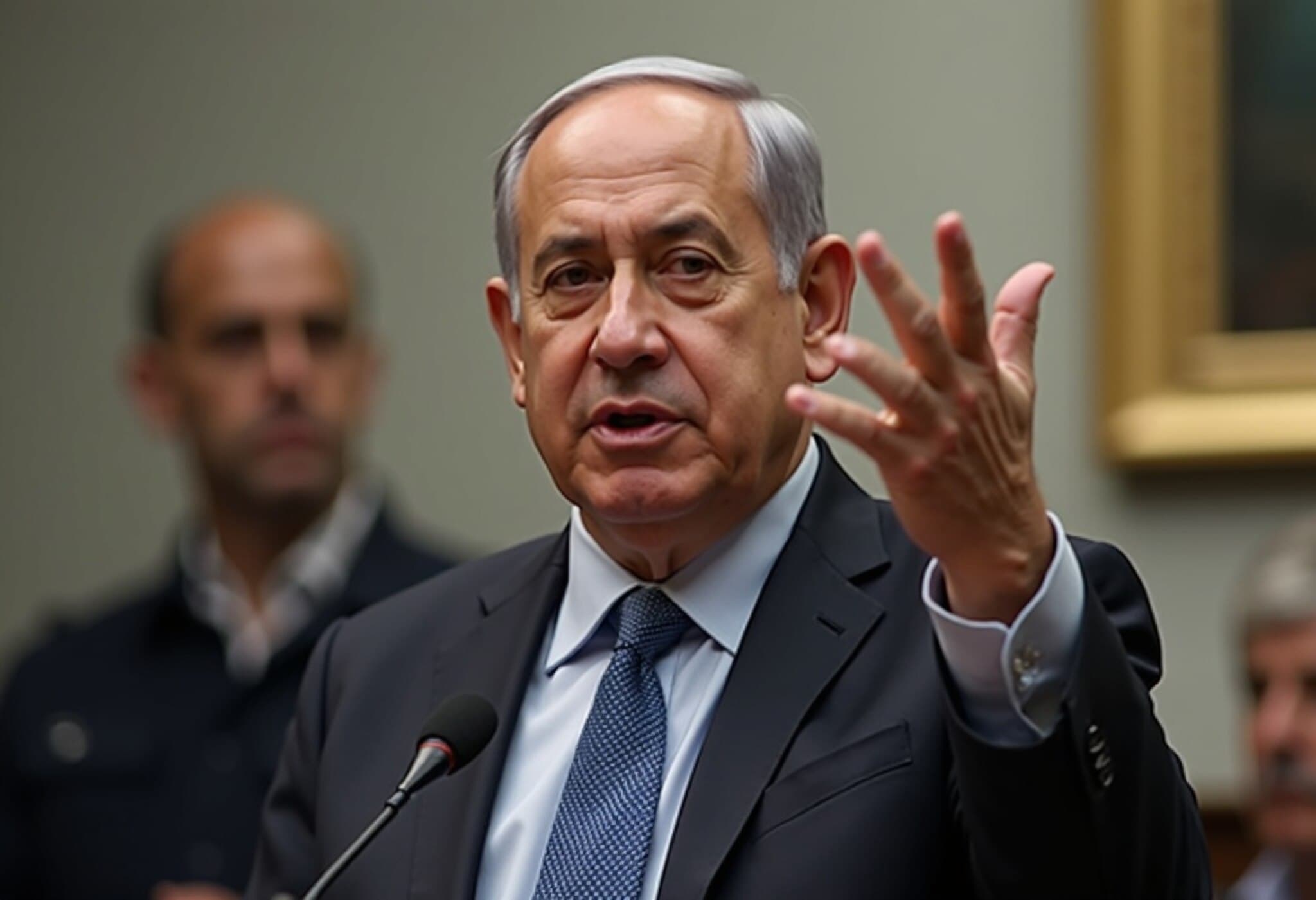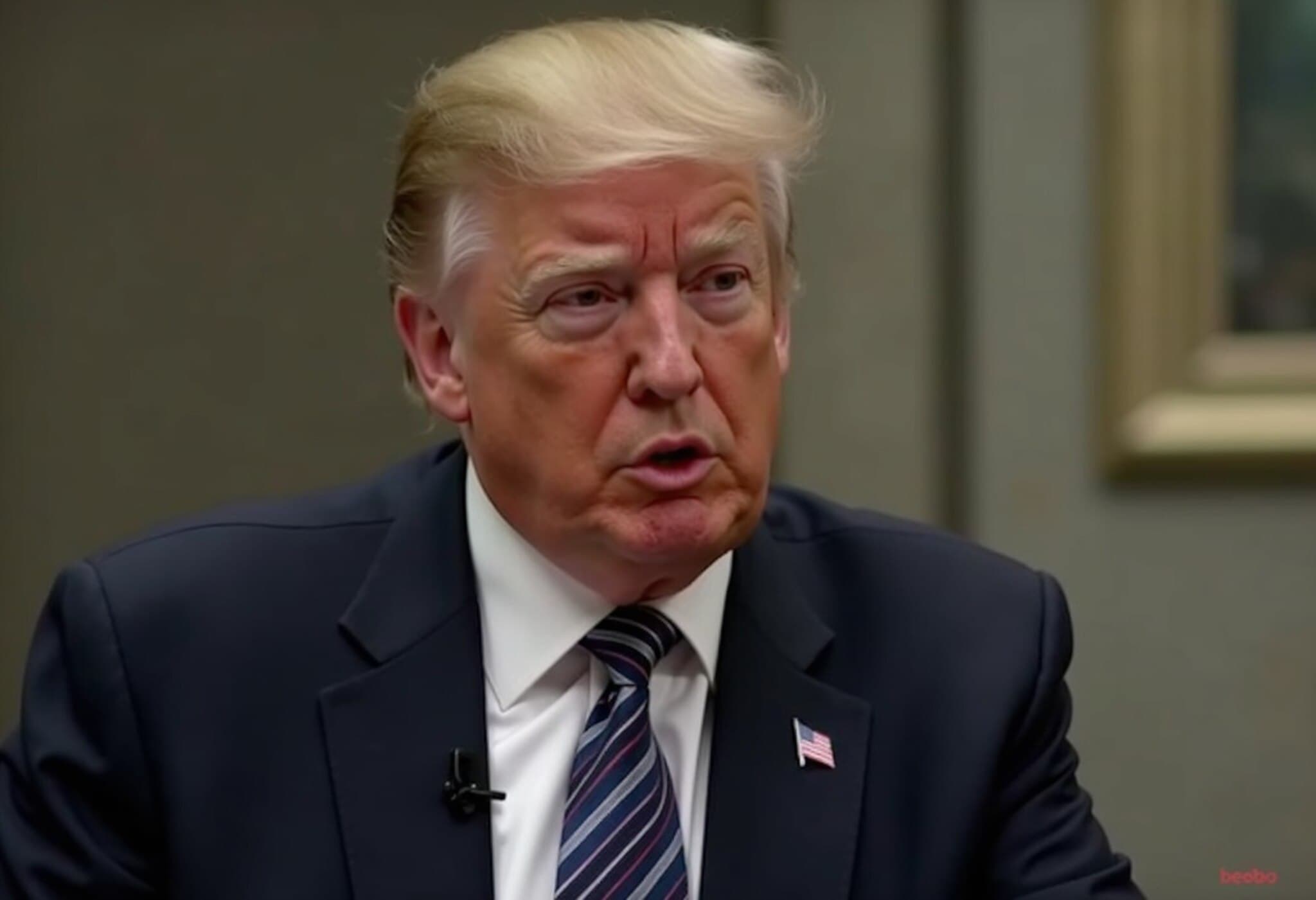Americans Express Unease Over President Trump's Second-Term Leadership
A recent nationwide survey shows President Donald Trump's overall approval rating holding steady yet reveals subtle shifts in public sentiment amid his second term. While 55% of adults disapprove of his job performance, 45% still express approval, mirroring figures from two months prior. Despite this stability, a noticeable dip in strong support hints at waning enthusiasm even among core backers.
Mixed Emotions Highlight Partisan Divide
The poll uncovers a stark contrast in emotional responses between political affiliations. Among supporters identifying with the MAGA movement, the number who feel "thrilled" by Trump's administration declined from 46% in April to 37% presently. Meanwhile, more than half of Democrats—51%—report feeling "furious" about presidential actions. Independents express widespread dissatisfaction, with 65% disapproving of Trump's performance, reflecting the deepening partisan divide.
Implications for Upcoming Elections
Such intensity gaps could play a defining role in lower-turnout off-cycle elections scheduled in states like New Jersey and Virginia this November. Increasing base enthusiasm becomes essential for Republicans and Trump as they prepare for the 2026 midterms, aiming to defend congressional seats amid these shifting sentiments.
Immigration Policy Stands as Trump's Strongest Issue—But Public Opinion Is Close
Among key issues, immigration and border security remain Trump's relative strength, with 51% approval against 49% disapproval. Recent deployments of federal forces to California amid protests underscore the administration’s focus on this area. For the president’s base, immigration ranks as a top concern; 20% of MAGA supporters cite it as the most pressing issue, second only to the economy.
Interestingly, approval on immigration rose slightly among Republicans, MAGA supporters, and independents since the last poll. However, Americans generally disapprove of Trump’s approach toward colleges and universities, with 56% opposing his policies, despite strong approval from his base—especially MAGA voters, 72% of whom strongly back his stance on higher education.
Colleges and Universities: A Divided Perception
When asked how institutions like Harvard University affect the country, 44% said they help, while 24% believe they harm the nation, and 31% feel they have no significant impact. This polarization reflects ongoing legal battles involving these institutions and federal policies targeting foreign students and funding.
Negative Reviews on Tariffs, Cost of Living, and Social Issues
Areas such as tariff policies, inflation control, and diversity, equity, and inclusion efforts received predominantly negative marks. Only 40% approved of Trump's tariff strategy, while 39% were positive about his handling of cost of living and inflation. Diversity initiatives attracted 44% approval against a 56% disapproval rate.
Republican Party Faces Inner Conflicts Over Fiscal Priorities
As Congress debates a significant tax and spending package championed by Trump, Americans remain split. A slim majority, 51%, prioritize maintaining current spending on programs like Medicaid, contrasting with 49% who emphasize cutting national debt or upholding tax cuts enacted in 2017.
Within the GOP, 40% emphasize debt reduction, while a close 39% focus on tax cut expansions, highlighting internal divisions as lawmakers negotiate the bill. Recent public spats between Trump and figures like Elon Musk underscore tensions over spending levels.
Democrats and Independents Lean Toward Spending Stability
Among Democrats, maintaining existing program funding is overwhelmingly favored at 79%, while a slight majority of independents align similarly at 53%.
Government Efficiency Efforts Lose Some Support
Assessment of initiatives aimed at reducing government size and spending, such as the Department of Government Efficiency (DOGE), dipped slightly. Support fell from 47% to 44%, with failure or partial failure ratings rising to 56%. Even among staunch MAGA supporters, confidence dropped significantly from 66% to 49%.
Economic Outlook Remains Tepid
The poll reveals a lukewarm economic sentiment: 45% report their financial situation is unchanged from one year ago, 34% feel worse off, and only 21% believe they are better off financially. Confidence in tariff policies' impact on personal finances also remains low, with just under half expecting negative effects over the next year.
Summary of Poll Methodology
This survey was conducted online from May 30 to June 10, 2025, gathering responses from 19,410 adults nationwide. The margin of error stands at ±2.1 percentage points, providing a reliable snapshot of current public opinion during this phase of the Trump administration.




